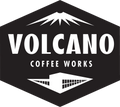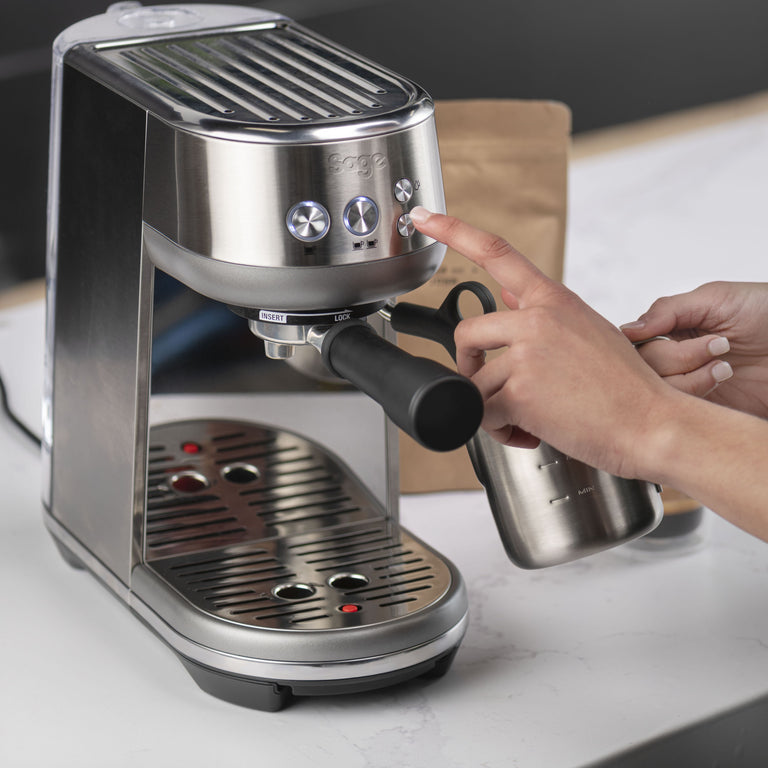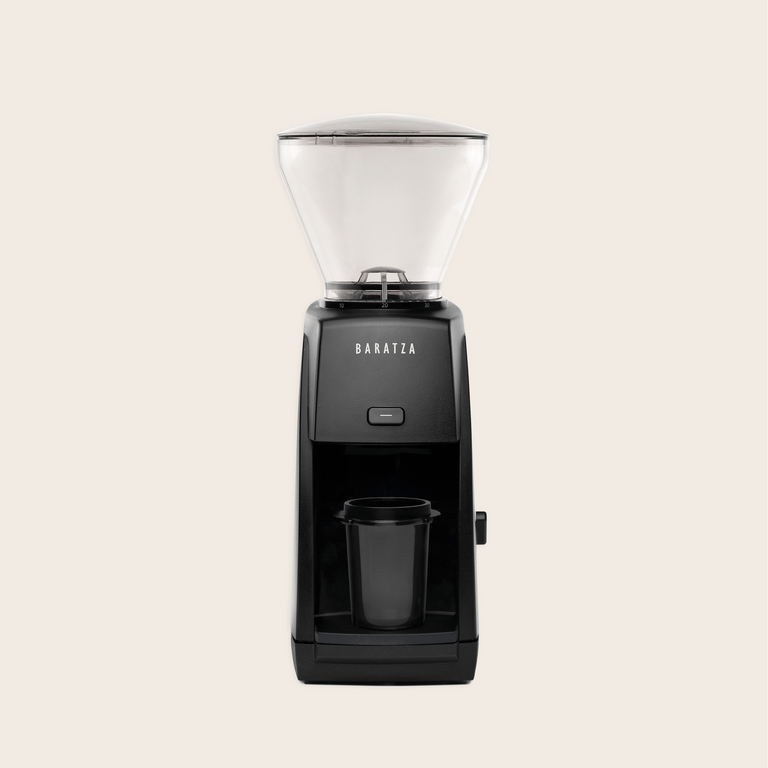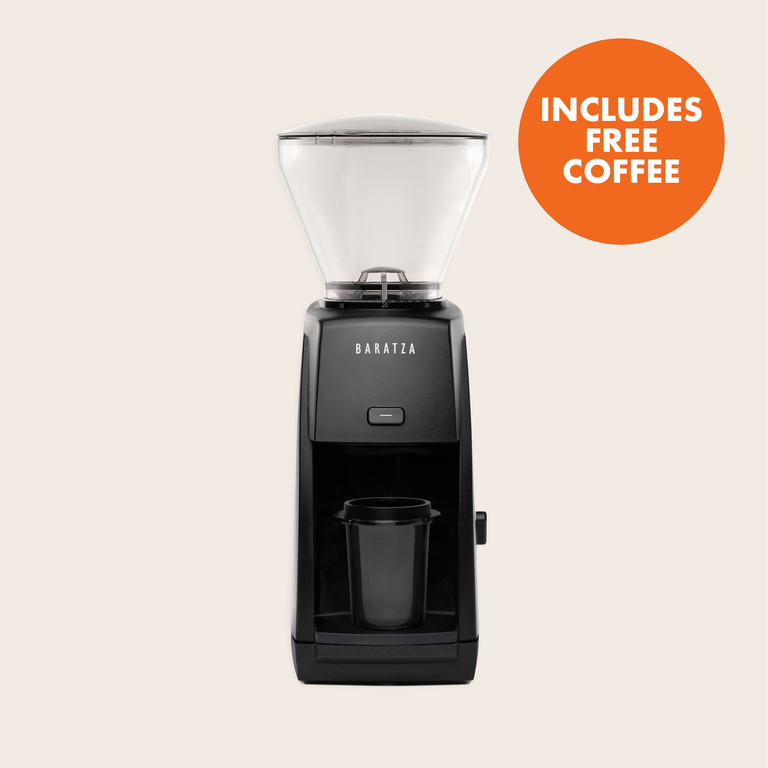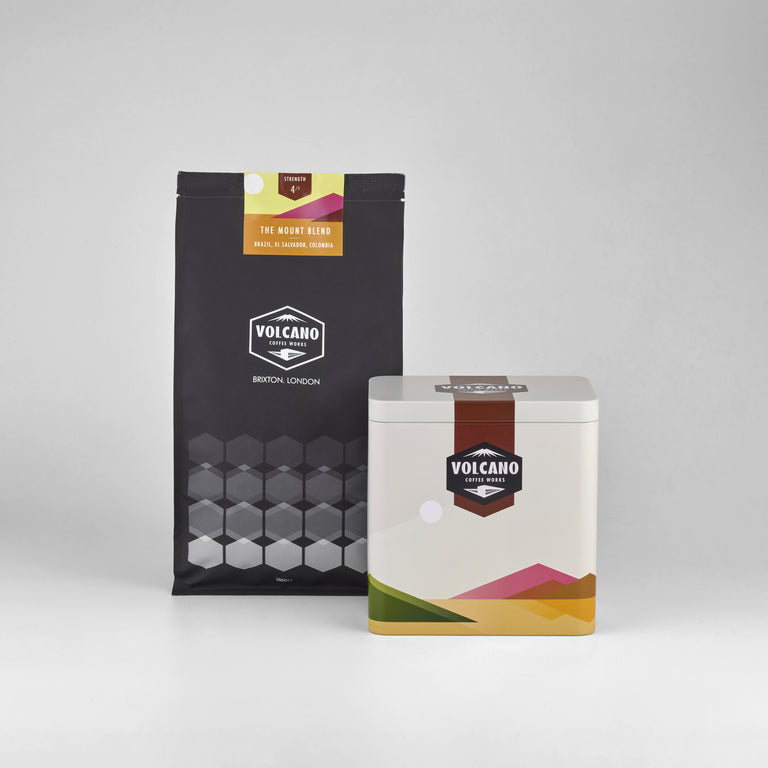February's Roaster's Choice Coffee Box subscribers will be trying a coffee from Ethiopia.
Brothers Asefa and Mulugeta Dukamo founded Daye Bensa in 2006. Their business includes a coffee exporting company but also this small farm. The farm itself is located in the heart of Shantawene Village which is in Sidamo in the west of Ethiopia. Here, nestled among native trees thought to be over 200 years old, the brothers process cherries from their own farm as well as the surrounding smallholders.
Although the Daye Bensa farm sits between 1900 and 2000 metres above sea level they also collect from farmers as high as 2400masl. These extremely high altitude coffees grow slower due to the cooler temperatures and while this can make for more tedious processing is almost always associated with higher quality. Cooler temperatures mean that coffees stay on the branch longer and ripen at a pace which allows all sorts of complex and delicious flavour notes to develop.
In addition to holding their own internal competitions with surrounding smallholders, where cash prizes are awarded for high quality, Shantawene also competes in competitions with a global audience. In 2020 they won 7th place in the Ethiopian Cup of Excellence competition. The Shantawene washing station is also Organic, UTZ, Rainforest Alliance and CAFE Practices certified.

Ethiopia's Coffee History
Ethiopia is widely regarded as the birthplace of coffee and is renowned the world over for its coffees that effuse lightness and complexity. These days we’re drawn to the citrus, floral and stone fruit notes in the cup but, as the legend goes, humans were first drawn to coffee’s primary functional purpose after noticing goats become energised upon eating the coffee cherry.
Coffee may have been drunk as far back as the 9th century in Ethiopia but, like many coffee producing countries, exports weren’t significant until around the 19th century. Today the Ethiopian coffee industry accounts for around 70% of all of Ethiopia’s exports and employs almost 15% of its population.
During the 70’s and 80’s Ethiopia was under a strict Marxist dictatorship and while coffee was produced it was required to be sold to the government at low prices. In 1991 this reign ended and farmers were encouraged to form co-operatives. This meant they could technically sell, direct to export markets but many still distrusted the system.

In 2008 the Ethiopian Commodity Exchange was formed which included all sales of coffee. In this model all coffee is traded via the ECX platform and is sorted based on quality and then auctioned. While this promotes fair prices for high quality it obscures the provenance of coffee making it incredibly difficult to provide granular transparency or grass roots collaboration with producers. In recent years however rules have loosened allowing for around 10% (previously 0%) of coffee to be traded outside of the ECX and a new world of opportunity to share the stories of Ethiopian coffee production has emerged.
Although it’s only Arabica coffee cultivated in Ethiopia the number of different varietals in existence is unrivalled anywhere in the world. With new varietals being identified all the time and new opportunities to trade only now in existence Ethiopia continues to be one of, if not, the most significant and exciting coffee origin in the world.
